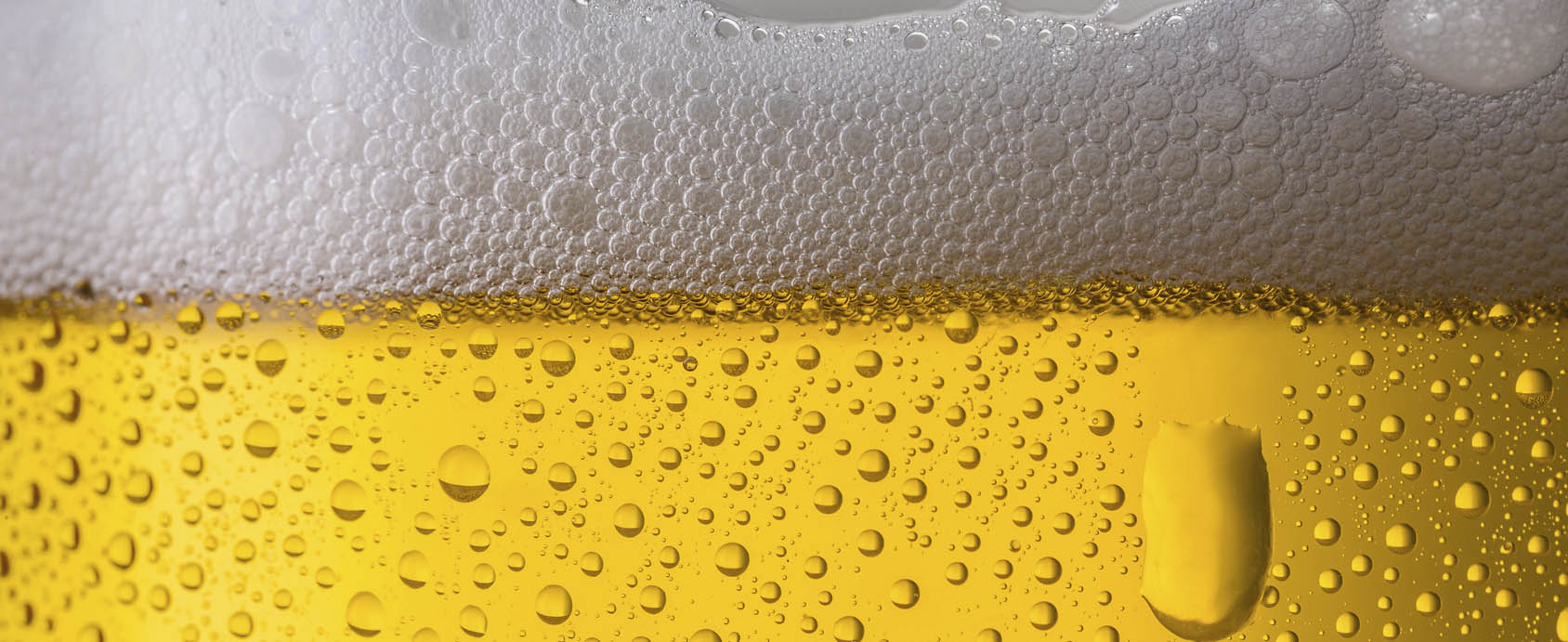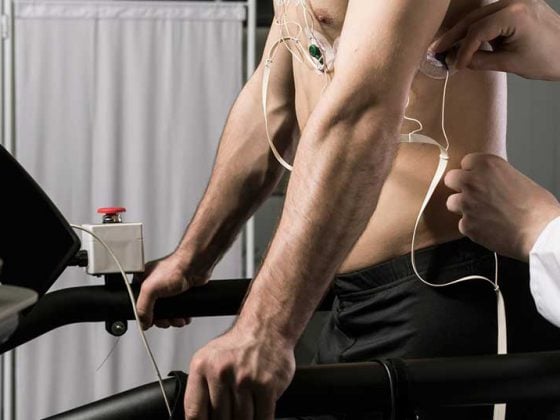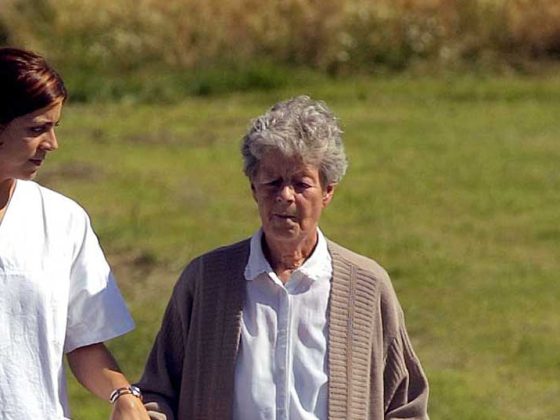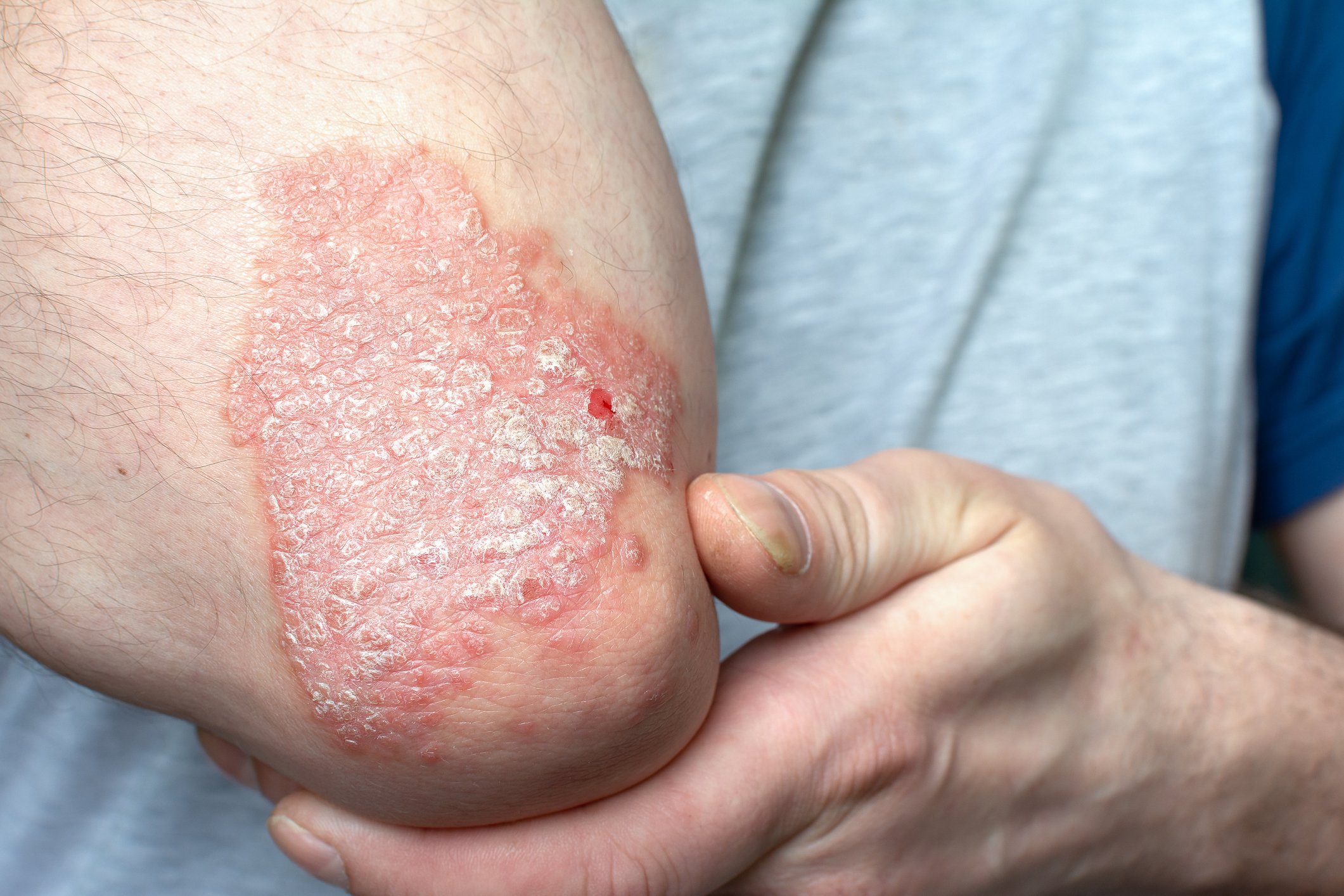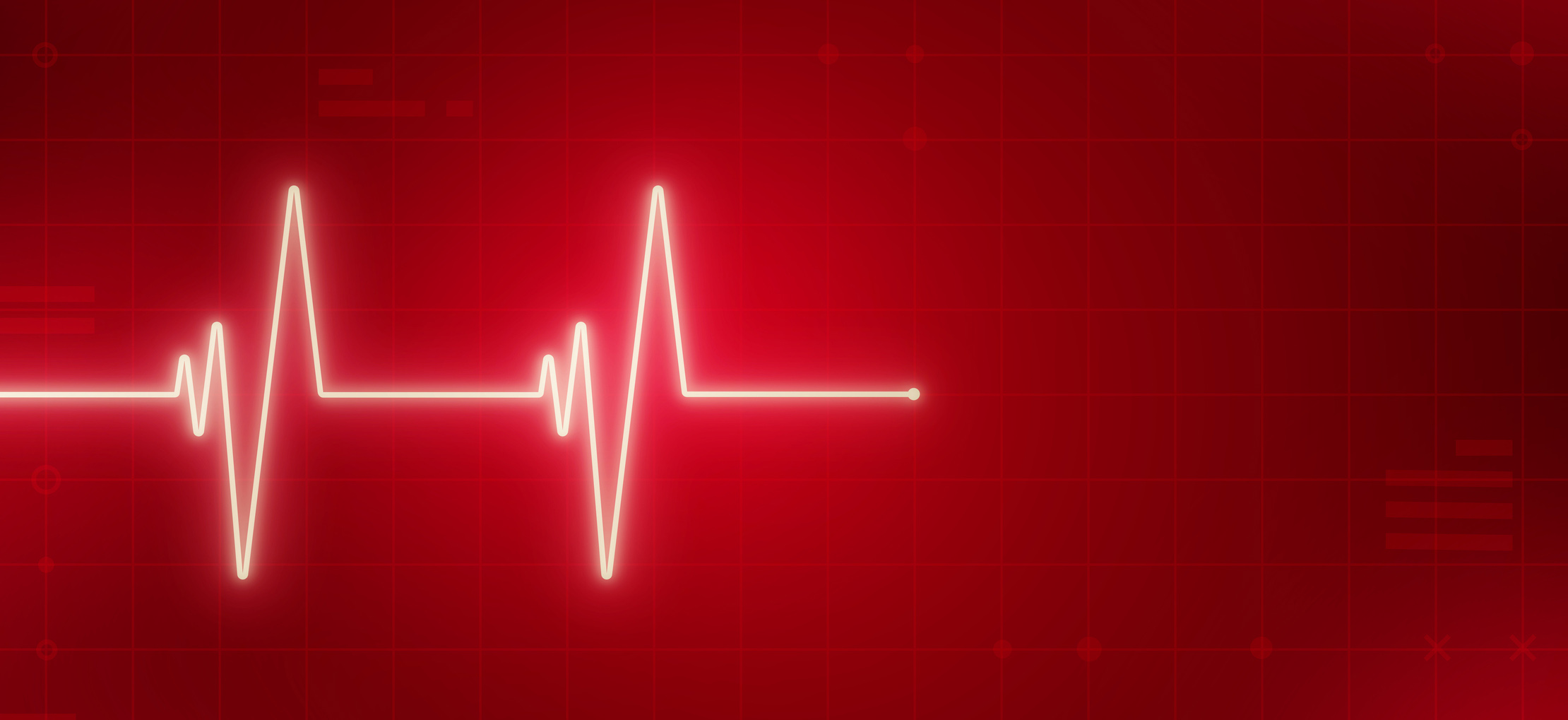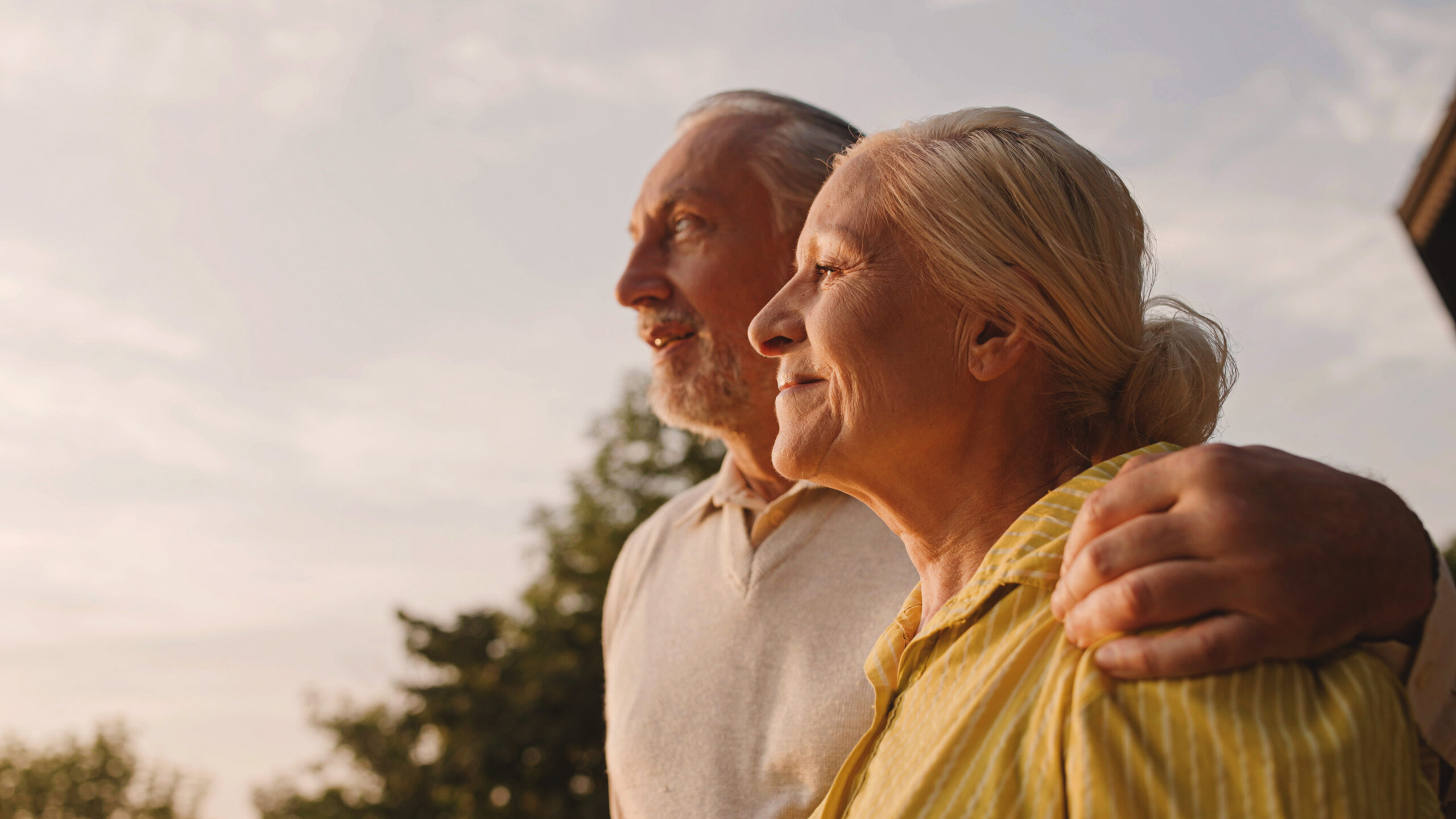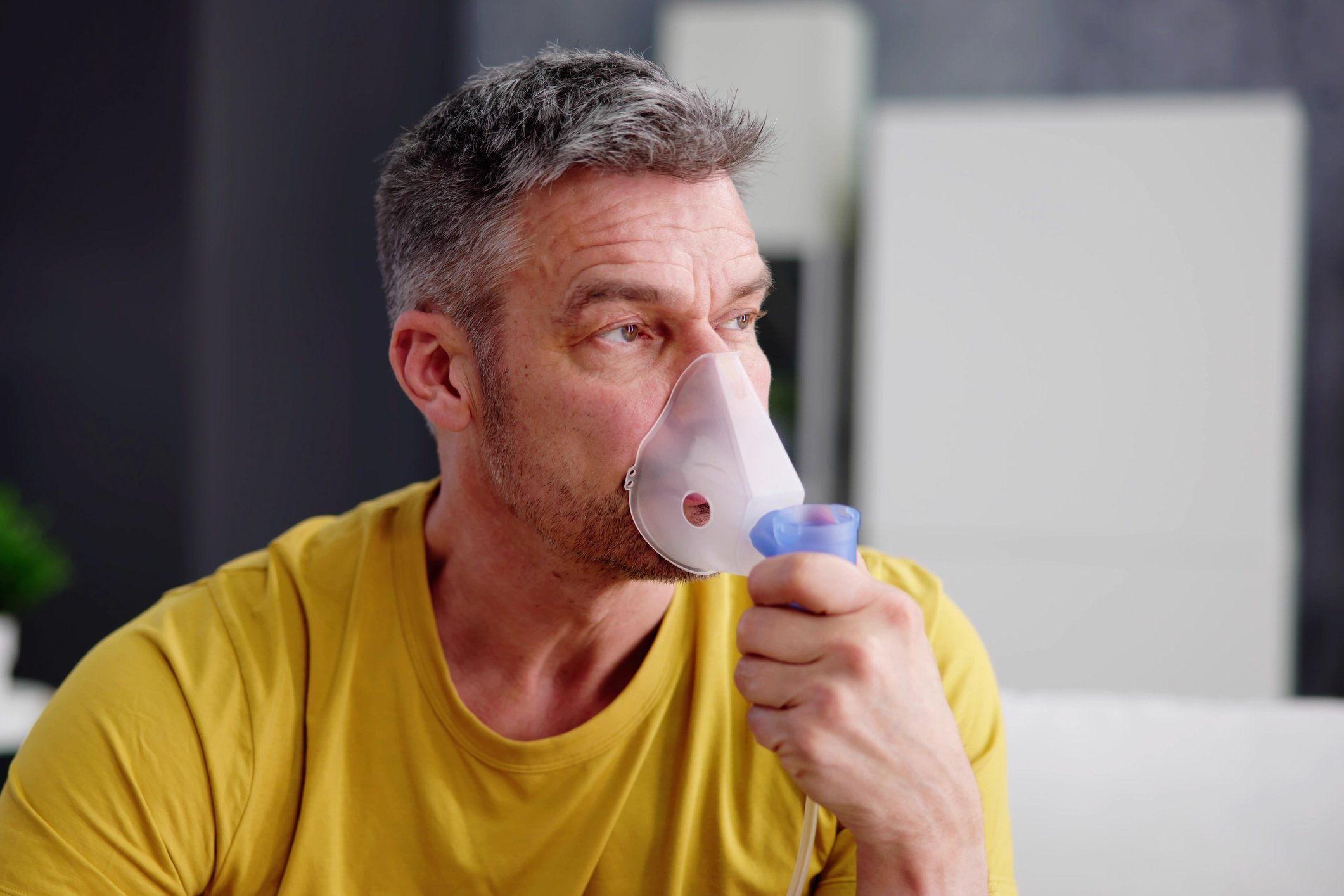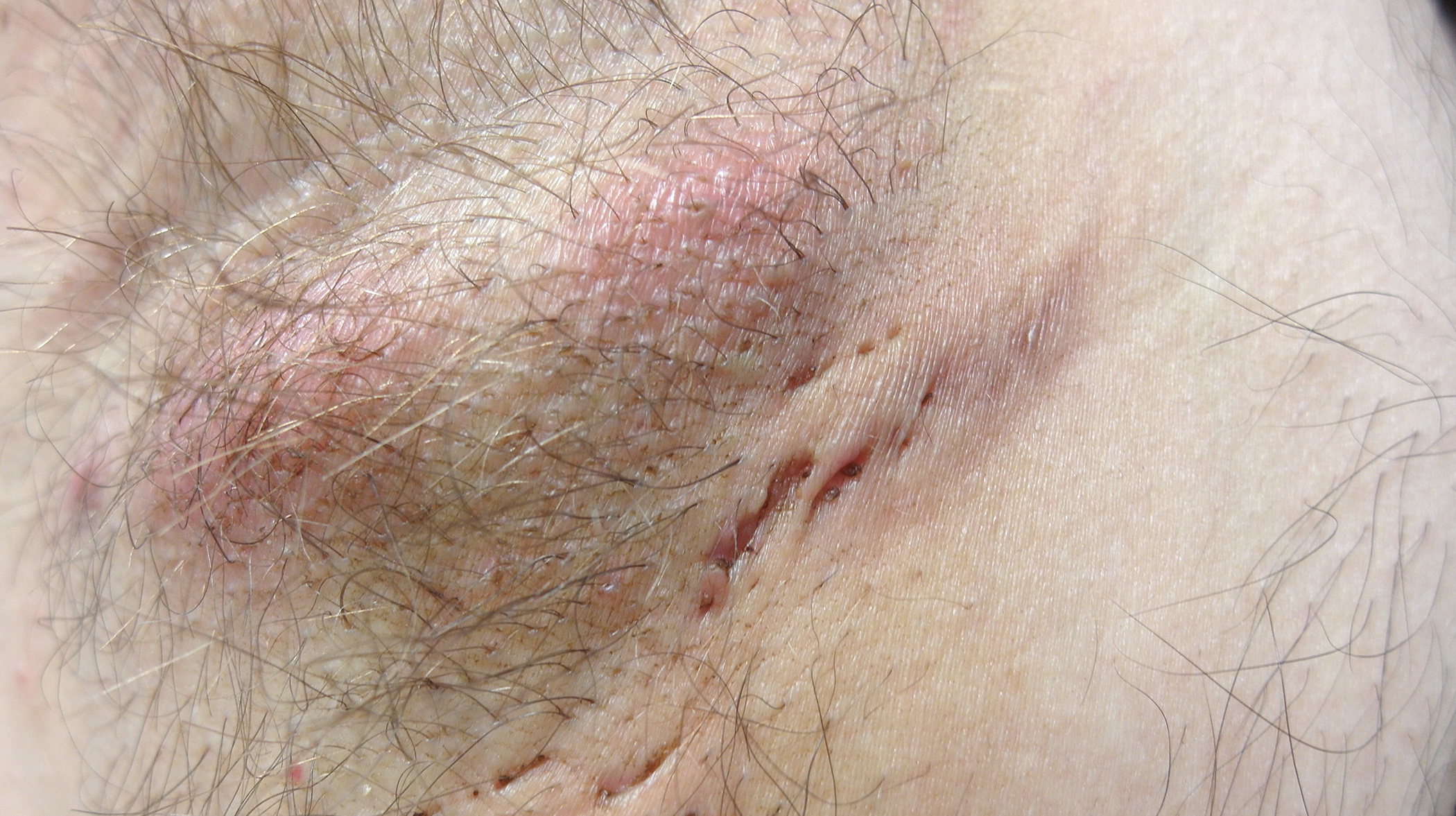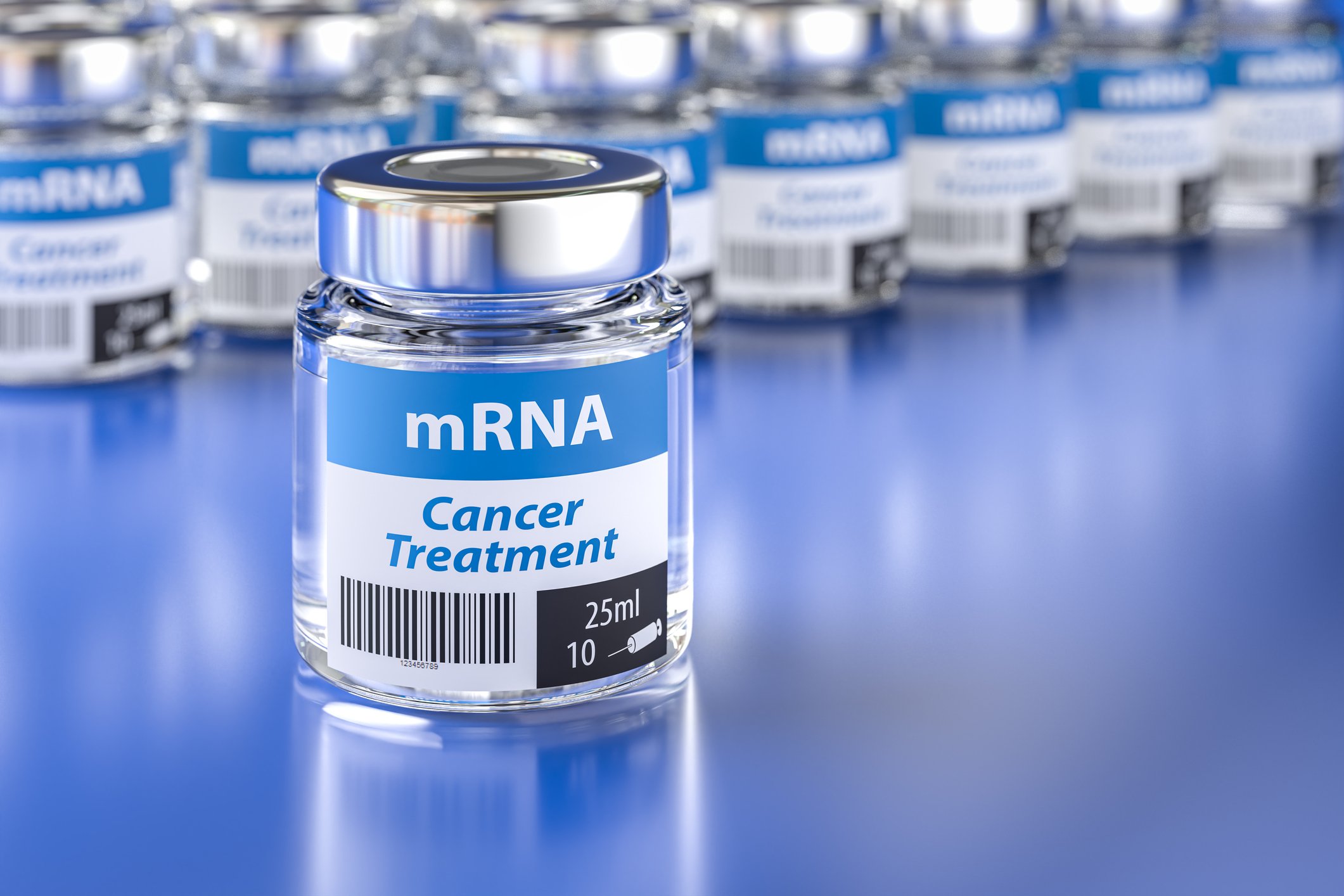Evidence on the causal role of alcohol in cancer is mounting, with new studies providing further data corroborating the epidemiological evidence. In the Department of Preventive and Social Medicine at the University of Otago in New Zealand, recent epidemiological studies were analyzed and summarized.
According to researcher Jennie Connor, the data are sufficient to establish a firm causal link between alcohol consumption and cancer. It cites data from studies by the World Cancer Research Fund, the American Institute for Research on Cancer, the International Agency of Research on Cancer and the Global Burden of Disease Alcohol Group. For Connor, it is clear that alcohol is the direct cause of the occurrence of the following seven cancers: oropharyngeal and laryngeal cancer, esophageal, liver, colon and rectal cancer, and breast cancer.
Strong expression for oral cavity, pharynx and esophagus
The extent of the association depends on the location: it is strong for the upper gastrointestinal tract, with a relative increase in risk of four- to sevenfold for a consumption of 50 g of alcohol per day, compared with a non-drinker. The association is less pronounced for the colon, rectum, liver, and female breast. There, the relative risk factor is about 1.5 for 50 g of alcohol or more per day. Connor estimates that 5.8% of cancer deaths worldwide from the aforementioned tumors were due to alcohol.
Indications of possible reversibility
Further, the analyses showed that there is a dose-response principle with higher risk with increasing consumption. A threshold value cannot be named here; the risk proved to be considerable even with low and moderate alcohol consumption. Another finding is that the cancer risk attributed to alcohol decreases again when consumption is reduced. While the risk of esophageal and head and neck cancer increases over the years of use, it decreases with abstinence. After about 20 years, it is back to the level of a non-drinker. For the liver, there are data that also suggest a possible reversibility: The risk of hepatocellular carcinoma decreases by 6-7% annually with abstinence and is back to the level of a non-drinker after about 23 years.
Causality not (yet) assured
Even if the biological mechanisms are still largely unclear, the scientist emphasizes the causal relationship: In addition to the dose-response principle, this is also supported by the fact that the cancer risk decreases again when alcohol consumption is reduced. Another confirmation, he said, was the fact that the correlation found only applied specifically to some types of cancer. For Connor, the epidemiological evidence is sufficient to establish a causal link. This, even though the results come from cohort studies, which are subject to certain limitations. At most, these could cause the effects to be stronger or weaker than currently estimated. But it is unlikely that there is a qualitative difference.
Literature:
- Connor J: Alcohol consumption as a cause of cancer. Addiction 2016, online 21 July; DOI: 10.1111/add.13477.
InFo ONCOLOGY & HEMATOLOGY 2016; 4(6): 3.

